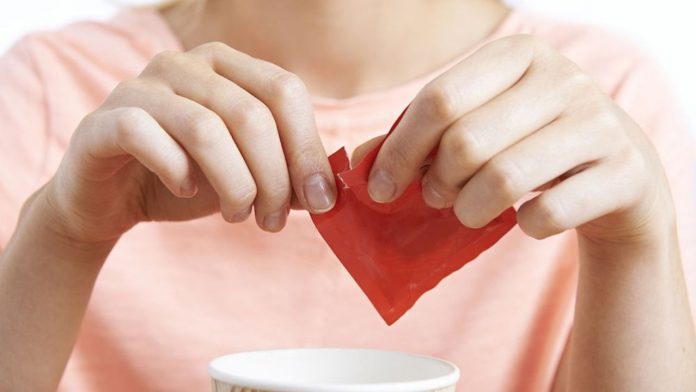It is crucial to reevaluate the consumption of these frequently used sugar substitutes in light of rumors that the WHO intends to list popular artificial sweetener aspartame as a potential carcinogen. Given that even fitness fanatics frequently eat these artificial sweeteners guilt-free, in light of current advances, one should be aware of their regular use in diet.
Do’s
1. Drink plenty of water: Along with consuming foods or beverages that include artificial sweeteners, drink enough water. Maintaining proper hydration is crucial for general health and can support a diet that is balanced.
2. Recognize individual tolerance: Consuming some artificial sweeteners may cause gastrointestinal pain in some people or other adverse effects. Pay attention to how your body responds to various types and modify your intake as necessary.
3. Take long-term objectives into account: If you’re using artificial sweeteners as part of a strategy to lessen your intake of sugar or manage a medical condition, talk to a trained dietitian or healthcare provider about your objectives. They can offer advice catered to your unique need.
Don’ts:
1. Assume that calorie-free implies guilt-free: Despite the fact that artificial sweeteners are frequently calorie-free or low in calories, it’s important to keep in mind that calorie consumption overall still plays a role in weight control. Be aware of how many calories you consume overall from all sources.
2. Ignoring dental care: Artificial sweeteners, like sugar, can cause tooth decay. Dental health still depends on practicing excellent oral hygiene, which includes regular brushing and flossing.
3. Take into account natural alternatives: If stevia or monk fruit extracts are a good fit for your preferences and nutritional objectives, don’t exclude artificial sweeteners entirely. Natural alternatives could offer a distinct flavor profile or more health advantages.

 हिंदी
हिंदी






